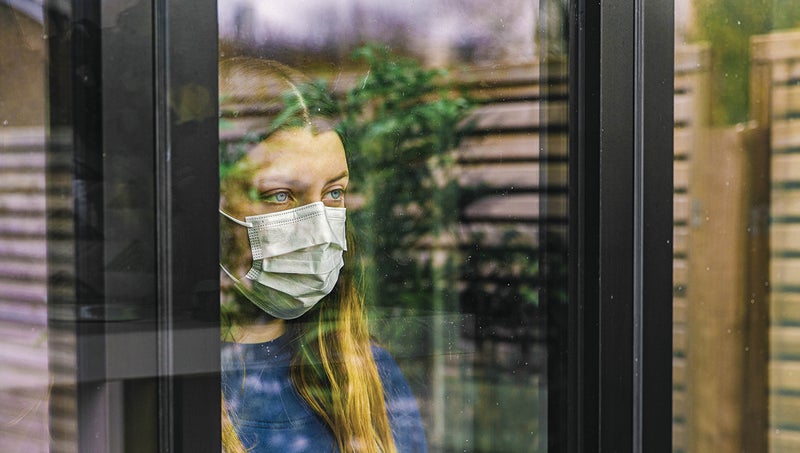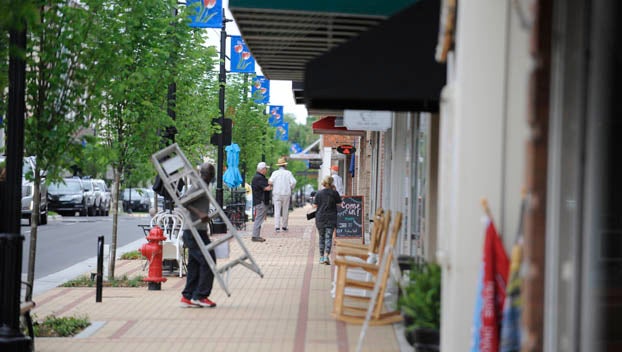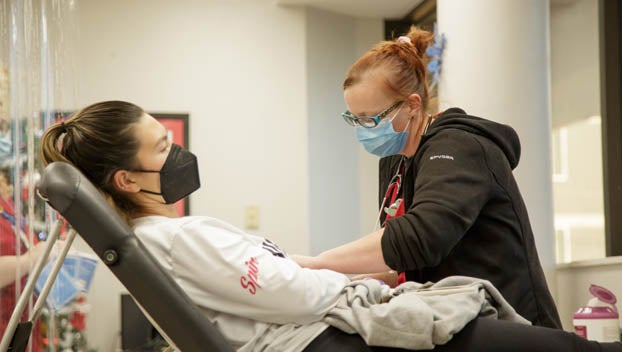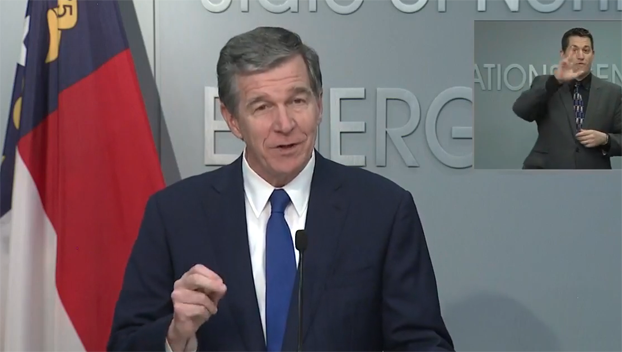Stay-at-home order facts and falsehoods
Published 6:40 pm Monday, March 30, 2020
|
Getting your Trinity Audio player ready...
|
With a 30-day stay-at-home order going into effect statewide at 5 p.m. Monday, many North Carolinian residents will spend much of the coming month inside their homes.
But what does the order mean for the daily activities of Beaufort County residents, and how will it be enforced locally?
In short, the order limits travel for North Carolina residents to a few specific purposes, including shopping for essential supplies, seeking medical care, providing care for others, outdoor activity and operating businesses deemed essential.
While the violations of the order are considered a class 2 misdemeanor, both Gov. Roy Cooper and local authorities are hoping North Carolinians will cooperate with the order on a voluntary basis.
District Attorney Seth Edwards says he will consider a variety of options if egregious violations occur.
“First and foremost, I am hopeful that common sense will prevail,” Edwards said. “If not, and blatant violations occur, I will consider all options, from issuing a written cease and desist letter, up to and including criminal charges.”
With the issuing of Executive Order 121, there has been a considerable amount of confusion on circumstances where businesses may continue operations and when and why people can leave their homes. This has also led to misinformation being widely spread by word of mouth and on social media.
False: I can’t leave my home while the order is in effect
People can still leave home for a variety of reasons, but are encouraged to stay at home to the greatest extent possible. Under the order, one can leave home to care for family and friends or to get essential goods or medical services for themselves or others. One can also leave home to seek medical care and get outdoor exercise. In all cases, social distancing practices are required wherever possible.
Fact: many businesses are considered essential
The stay-at-home order includes a long list of businesses that are considered essential. Employers are encouraged to set up remote work arrangements if possible.
Essential businesses include restaurants that provide take-out, drive-thru or delivery, grocery stores, ABC stores and beer and wine stores, doctors and other healthcare providers, pharmacies, hardware stores, post offices, office-supply stores, gas stations and convenience stores, veterinarians and pet-supply stores, hotels, airlines, buses, taxis and ride share services, places of worship and child-care providers (that are following the required NCDHHS procedures).
False: Employees need documentation to report to work
Businesses and nonprofit organizations deemed essential do not require documentation from the state to continue operating. Employees of those businesses do not need documentation to report to work.
Fact: Businesses may apply for exemptions
Businesses not included in the list of essential businesses can apply for an exemption through the North Carolina Department of Revenue at www.ncdor.gov. Businesses that are not considered essential can still maintain minimum basic operations, including maintaining inventory, maintaining facilities, ensuring security, processing payroll and supporting employees working remotely.
False: I have to stay at home in a dangerous situation
The stay-at-home order includes exemptions for individuals who are living in unsafe conditions, including victims of domestic violence. Those experiencing homelessness are also exempt and are encouraged to seek shelter where possible.
Fact: The order bans mass gatherings
Across the board, the stay-at-home order bans gatherings of 10 or more people and gives law enforcement the authority to enforce that order. Religious functions, weddings and substance-abuse treatment groups are limited to 10 people or fewer, while funerals may not have more than 50 people in attendance. Places of worship are encouraged to stream services online to comply with the order.
False: North Carolina is under martial law
Despite persistent online rumors, martial law is not in effect, or imminent, for the state of North Carolina or any other state. There is also no curfew in effect, either statewide or locally.
A full list of frequently asked questions is available here.





